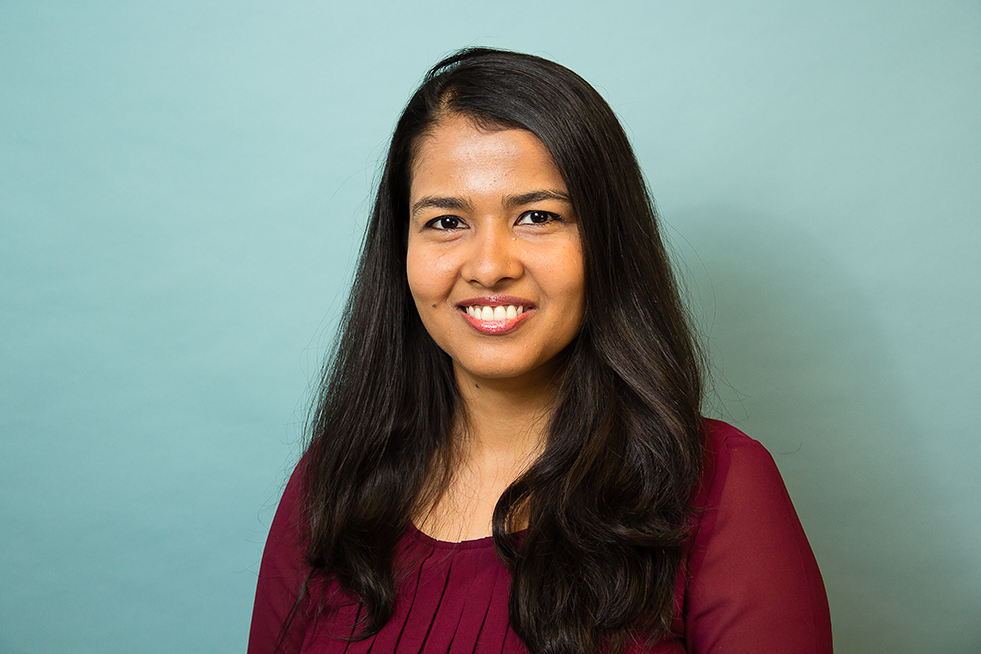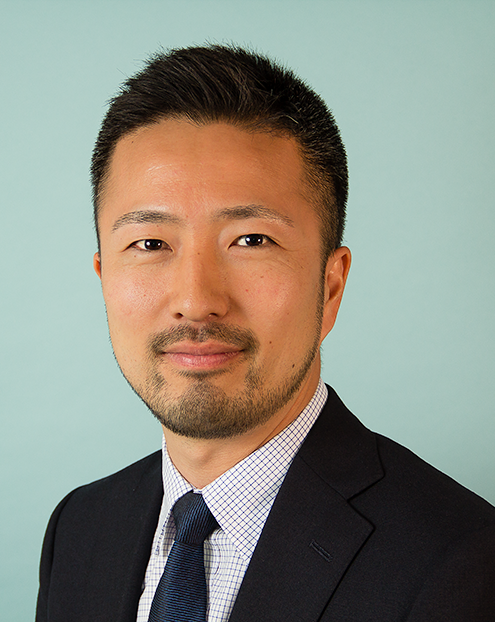UNGASS 2021: Tracing Money Behind Online Political Communication

Political finance is one of the elephants in the room in any policy conversation on fighting corruption. It is also at the core of the credibility crisis that negatively impacts on public trust in political institutions in all regions of the world. Article 7.3 of the United Nations Convention Against Corruption (UNCAC) provides a crucial entry point for enhancing political finance transparency. However, illicit financial flows are on the rise in this sector, including by means of growing resort to unregulated online political spending technologies. Recent analysis, showcased at a side event held in the margins of the United Nations General Assembly Special Session against Corruption (UNGASS 2021), called for renewed efforts by all actors engaged in anti-corruption so as to address emerging challenges and disruptive dynamics related to the current weak spots in existing regulatory frameworks as regards online political spending.
The UNGASS2021 took place online from 2 to 4 June 2021. The event brought together global leaders and anti-corruption practitioners from all over the world and provided a landmark opportunity to discuss measures to prevent corruption and strengthen international cooperation. In order to contribute to this global anti-corruption debate, International IDEA organized a side event on 4 June that highlighted the challenges of regulating online campaign finance and aimed to bring the issue of money in politics to the center of global anti-corruption agenda.
During the event, experts from international organizations joined a panel discussion to highlight the corruption risks arising from increasing expenditure by political actors on online advertisements. During the discussion, the experts also explored ways to develop new tools to measure online campaign spending, identify emerging issues, as well as opportunities that governments and policymakers around the world will need to address in the “new” context of online political finance.
Moderated by Dr Yukihiko Hamada, Programme Manager, International IDEA, the event investigated the current deficiencies in the way online political spending is handled by governments all over the world, and how that can amplify already existing issues, such as corruption or lack of transparency. Dr Hamada mentioned that, despite the article 7.3 of UNCAC that calls for countries to enhance political finance transparency, illicit financial flows are unfortunately anything but rare in political finance. The recent Covid-19 pandemic has only exacerbated this lack of transparency by disrupting in-person and print media campaign strategies, favoring the online—unregulated—world.
Panelist Jorge Valladares, Research and Policy Expert at Transparency International, stressed the importance of concrete steps towards regulations when it comes to online campaign finance, because it is by defining the parameters that both private companies and governments can be able to play an effective oversight role in online advertisement and its money. Among the concrete steps Mr Valladares suggested, he stressed the need for compulsory registration for advertisers, to ensure that even the “brokers” of the ads involved in online political campaigns are registered and can be therefore regulated. “Prices and volumes of ads can be measured and regulated—and there can be rules about specific “black-out” slots in which communication stops”.
Transparency and lack of clear regulations can attract “dark money” in politics and enhance corruption: but how can online campaign finance be regulated? What are the obstacles and challenges in doing so? Khushbu Agrawal, Programme Officer at International IDEA, highlighted the main issues faced by policymakers around the world, including, among others the inconsistency in the definition of online political advertisement adopted by different platforms, the substantial use of unpaid organic content and the difficulty of tracking and quantifying it, and insufficient technical capacity of oversight agencies to monitor online campaign finance.
"What can bring transparency”, asked Sandra Ximena Martinez Rosas, Programme Director at Transparency International Colombia, and “what regulations can actually work?”. The three panelists agreed that regulations are meaningless if they are not properly enforced and complied by all parties. “Failure to conform to rules, should be sanctioned”, added Ms Agrawal, on discussing the issue of creating incentives for stakeholders in the political finance ecosystem to adhere to the principles of transparency and accountability. These stakeholders include not only political parties and social media companies, but also legislators, private companies and third-party actors. While there is no conclusive evidence of what works given that use of online political campaigns is relatively new, she highlighted the need for strong inter-agency coordination to overcome the lack of clarity and regulations and called on legislators to stay ahead of the innovation curve to address emerging challenges.
There should be a call for governments to unify and create a system which regulates, monitors and oversees money in politics—recommended Mr Valladares. This is imperative, because holding governments and private companies accountable for illicit money in advertisement campaigns is the only way to keep a close eye on the fairness of online political finance. Ms Martinez also underscored the need to include money in politics into a bigger anti-corruption agenda, because a corrupt political finance system can impact all other aspects of democratic governance.
Online political finance is a growing and important field, and international organizations, governments, social media companies, and civil society actors need to work together to confront the challenges posed by seemingly sophisticated, ambiguous and impenetrable online world, and increase its transparency and overcome corruption. As a leading international organization with a track record of collecting political finance data and undertaking research, International IDEA is committed to support the UNODC and the global anti-corruption community in the implementation of the UNCAC and the achievement of SDG 16.
- International IDEA’s latest report “Regulating Online Campaign Finance: Chasing the Ghost?” is now available for free download.
- The full event can be found on International IDEA's YouTube Channel.





